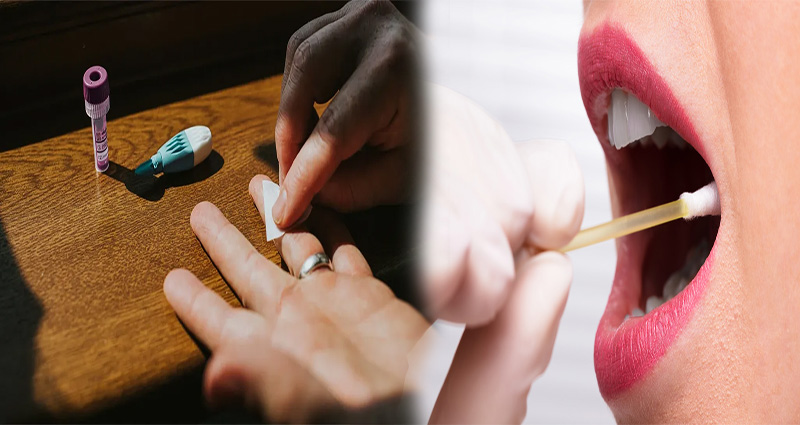Respecting Boundaries In Healthy Relationships
Healthy relationships are built on respect. Respect as a concept is often misunderstood, but it’s one of the key building blocks in healthy relationships. This is because respect isn’t just about respecting someone else’s feelings and opinions—it’s also about respecting their personal boundaries, which includes knowing when and how to set them in your relationships so they stay healthy and happy (for both parties).
What are Boundaries?
A boundary is the limit you set for yourself in any relationship. It’s about knowing what you will and won’t tolerate from other people, as well as when and where to say “no” to them. When we don’t have boundaries, we allow others to take advantage of us or treat us poorly without consequence.
Boundaries can be physical (like how close someone stands to us), emotional (how much time in a day we want to spend with certain people), financial (how much money … READ MORE ...











